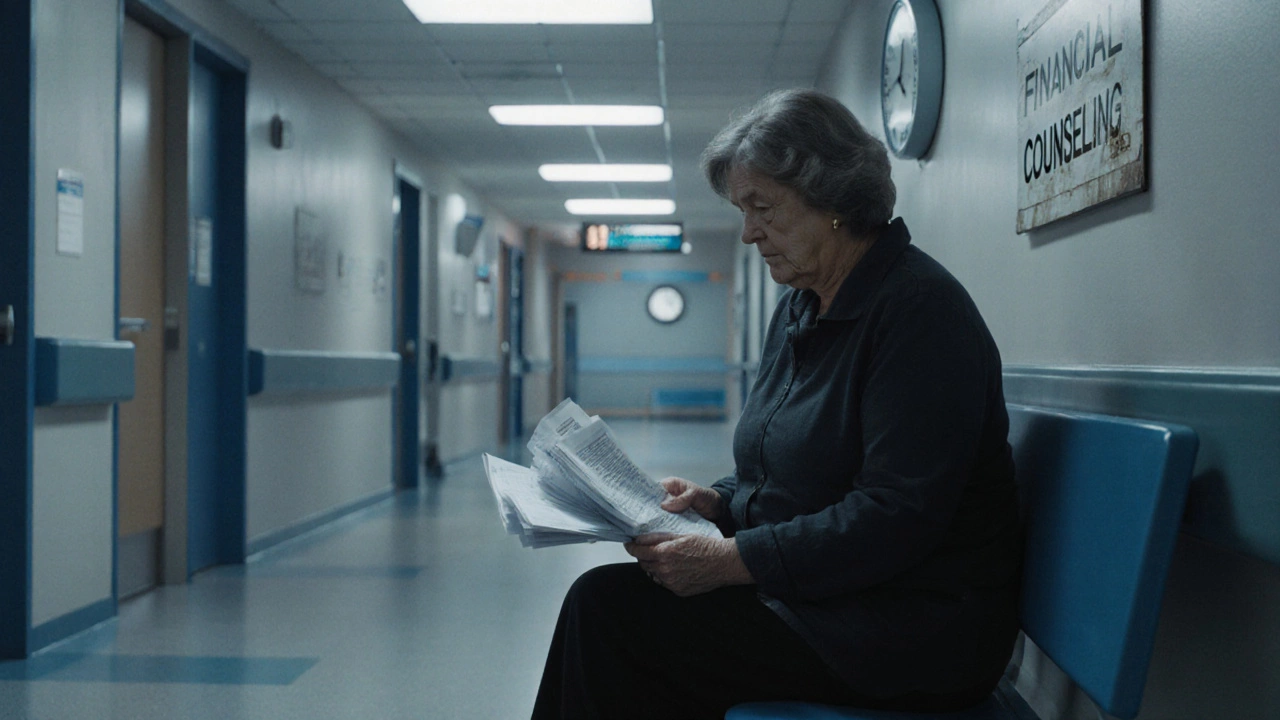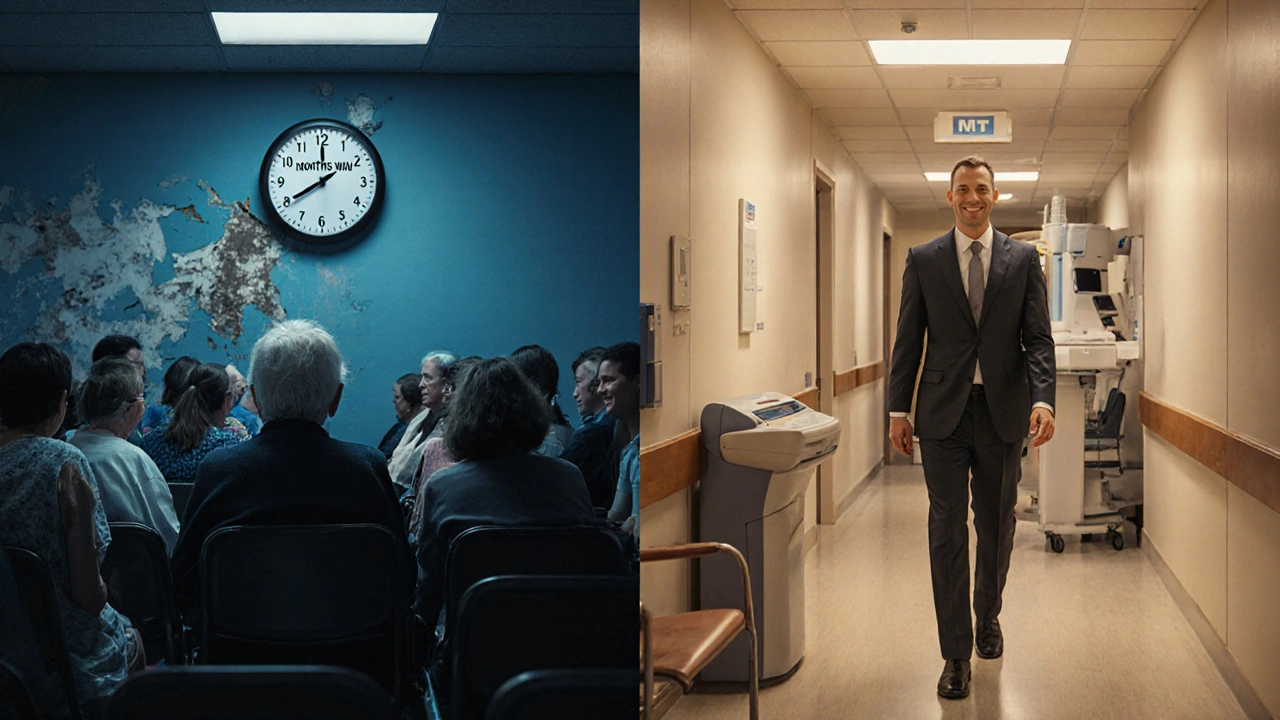Healthcare Access: Your Quick Guide to Getting the Care You Need
Feeling stuck waiting for treatment or confused about who will pay for it? You’re not alone. Whether you’re dealing with a long NHS waiting list, thinking about private health cover, or wondering if a tourist can use the NHS, this guide breaks down the key steps you can take right now.
Understanding NHS Waiting Times
The NHS is a great safety net, but waiting lists can stretch out for months. First, check the official waiting time figures for the procedure you need – they’re published online and give you a realistic picture. If you’re on a list that’s longer than the national target, call the hospital’s patient liaison service. Explain why you need faster care; they can sometimes move you up if your situation is urgent.
Another option is a “self‑referral” to a community clinic for certain conditions, like physiotherapy or chronic pain management. Those clinics often have shorter slots because they’re not tied to a specific hospital. While you wait, use reliable symptom checkers to track any changes and keep a written log of your symptoms. Having solid documentation helps the NHS prioritize you if your condition worsens.
When Private Health Insurance Makes Sense
If waiting time is a deal‑breaker, private health insurance could be worth the cost. In 2025 the average monthly premium in the UK sits around £100‑£150, but prices vary with age, health status, and coverage level. Private plans give you faster appointments, choice of specialist, and often shorter hospital stays.
Before you buy, compare at least three providers. Look for policies that cover the treatments you need most – for example, some plans exclude cosmetic surgery but include orthopaedic procedures. Also check if your employer already offers a group plan; those usually cost less per person.
Keep in mind that private insurance doesn’t replace the NHS. If you need emergency care, you’ll still go through the public system. The best strategy is to use private cover for elective surgeries while relying on the NHS for urgent and emergency services.
For people moving to the UK, there’s a common question: "Do foreigners get free healthcare?" The answer depends on your residency status. EU citizens with settled or pre‑settled status can access the NHS just like a citizen. Visitors on a standard tourist visa can receive emergency care free of charge, but routine appointments usually require payment or travel insurance. If you plan to stay longer, registering with a GP as soon as possible secures your eligibility for most NHS services.
Finally, don’t forget to explore local charities and patient groups. Many run free clinics, offer transport vouchers, or provide advice on navigating the system. A quick Google search for "free healthcare support in [your city]" can uncover valuable resources you might otherwise miss.
Bottom line: know your options, ask the right questions, and keep records of everything. Whether you stick with the NHS, add private cover, or combine both, the tools are there to help you get the treatment you deserve.
Is privatized healthcare bad? Here’s what actually happens on the ground
Privatized healthcare isn't broken-it's working as intended: to make money, not save lives. Here's what really happens when care depends on your bank account.
Why is private healthcare unfair?
Private healthcare isn't about choice-it's about who can afford to jump the line. Those with money get faster care. Those without wait, sometimes with deadly consequences. This is how inequality becomes medical policy.
Switching Between NHS and Private Healthcare in the UK: How Flexible Is It?
Can you use NHS again after private healthcare? Get honest and clear answers about switching back, access rules, waiting lists, and getting the care you need.
Private Good or Not: Is Healthcare Really For Sale?
Is healthcare something you buy like a phone, or is it a right everyone should have? This article digs into whether healthcare is best treated as a private good, bought and paid for, or if it works better when everyone can access it, no matter what. We'll look at real-life examples, the logic behind each view, and what this means for you and your loved ones. Plus, you'll get a few handy tips for navigating healthcare choices. Expect straight talk and zero confusing jargon.




